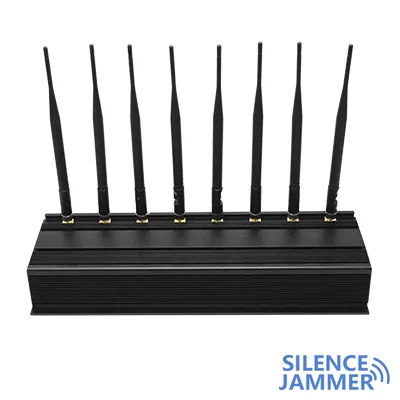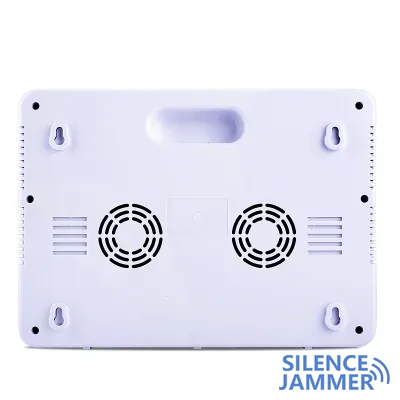In recent years, mobile phone interference in prisons has become a topic in France. Since 2002, the law allows the installation of portable signal jammers in prisons. As of January 1, 2018, a total of 110 prisons were equipped with 894 jammers, covering 60% of the country's prisons. However, with the continuous advancement of mobile phone technology, the original equipment has gradually shown technical limitations. According to the French Ministry of Justice, the new portable jammer system is not only suitable for the current 4G network, but also able to cope with the future 5G network. At the same time, it must also adapt to the characteristics of prison buildings, such as reinforced concrete walls, grills and iron railings, which limit the effectiveness of old equipment.

There are complex reasons behind the widespread use of mobile phones in prisons. Mary Cletenot, an advocate for the International Observatory of Scribes, points out that the use of these jammers masks a deeper problem: Why do prisoners and their families take the risk of bringing mobile phones into prison? Cletenot explains that the high cost of making landline calls in prisons, fixed schedules and lack of privacy make prisoners more inclined to use mobile phones. Mobile phones are not only cheaper, but also better meet the needs of prisoners to contact the outside world, especially for families with generally unstable social and economic conditions. Mobile phones are undoubtedly a more favorable choice.

Although jammers can prevent prisoners from using mobile phones to a certain extent, they cannot completely solve the problem. Due to the complex structure of prison buildings, the signal shielding effect is not ideal, and the limitations of jammer technology, some prisoners can still find signal blind spots or use more advanced communication methods to contact the outside world. Therefore, jammers alone are not enough to completely eliminate illegal communications in prisons.
To truly solve the problem of mobile phones in prisons, more comprehensive measures need to be taken. On the one hand, jammers should continue to be upgraded to cover wider frequency bands and more complex environments; on the other hand, it is necessary to improve the conditions for legal communications in prisons, reduce call costs, extend call time, and provide more privacy protection to reduce prisoners' reliance on illegal mobile phones. In addition, strengthening prison management and security inspections to prevent the influx of prohibited items such as mobile phones is also an indispensable part.

In general, although the coverage rate of mobile phone jammers in French prisons has reached 60%, comprehensive improvements are still needed at the technical, management and policy levels to completely solve this problem. Through a multi-pronged approach, not only can illegal communications in prisons be effectively controlled, but also the living conditions of prisoners can be improved and their transformation and social integration can be promoted.


